For those in the travel industry, an AI bot can be a highly beneficial investment, helping to improve customer response times and promote marketing messages. Yet, some business owners or department leaders are unsure how to tell a good bot from a bad one. In this article, you will learn about the most important features.
Table of Contents:
- What is An AI Bot?
- AI Bots vs. Rule-Based Bots
- Which Travel Companies Can Benefit From An AI Bot?
- 1. Multi-Channel Offerings
- 2. Central Communications Dashboard
- 3. PMS/Booking Engine Integration
- 4. Business-Specific Customisation
- 5. Machine Learning
- 6. Automated FAQ Answering
- 7. Check-In and Check-Out Support
- 8. Support for Multiple Languages
- 9. Automated Review/Feedback Requests
- 10. Analytics and Reports
- 11. Concierge Functionality
- What Are the Advantages of an AI Bot?
- More Innovating Technologies Within Travel
What is An AI Bot?
An AI chatbot, or chatbot, is a digital technology solution, primarily used for customer service, but also for delivering promotional or otherwise useful content. Using artificial intelligence technology, a chatbot can convincingly replicate the kind of chat-based interactions a user may normally have with another human.
This means the chatbot can understand human communication, interpret it and provide pertinent responses. For instance, a hotel chatbot can answer customer questions about the hotel and its services. In contrast, an airline chatbot might assist with booking airline tickets, offering recommendations along the way.
AI Bots vs. Rule-Based Bots
Chatbot technology can be split into two main categories: AI bots and rule-based bots.
As the name suggests, rule-based chatbots operate based on clear internal rules and logic, usually consisting of “if/else” conditions. So, to offer an example, a bot might be set up to ask an initial “yes/no” question. It will then present one response to users who answer “yes” and another to users who answer “no”. These bots may use action buttons or recognize specific text strings, but the rules are set out in advance.
By contrast, an AI bot uses artificial intelligence to mimic the kind of intelligent responses a human will be capable of. The bot may learn information along the way, understand what the user is saying, and provide appropriate responses based on the communications it receives.
Rule-based bots are more simplistic and tend to be cheaper to implement. Still, the interactions may seem less natural, and they may struggle to handle customer communications that deviate from the basic pre-defined path. An AI bot will be much more advanced and will seem more natural, but it will usually be more expensive to put in place.
Which Travel Companies Can Benefit From An AI Bot?
An AI bot can benefit a wide range of businesses operating in the field of travel and tourism. The technology can answer customer questions, assist users with booking processes, and encourage users to make purchasing decisions, all in the ideal moment.
Therefore, an AI bot can be useful for almost any travel company that provides online customer support and/or bookings. Bots can help improve customer service response times significantly and can deliver a 24/7 service, meaning users can ask questions and receive swift responses at any time of the day or night.
11 Features Travel Companies Should Consider When Selecting An AI Bot
When choosing between the different bot solutions available, it is best to look out for the following features.
1. Multi-Channel Offerings
For most businesses in the travel industry, including hotels, OTAs, airlines, and restaurants, an AI bot can be featured on the company website. However, the uses for bots extend beyond this and an important feature to look out for is multi-channel support, especially regarding messaging apps.
Facebook Messenger and WhatsApp are popular examples, but Telegram and WeChat are popular. This kind of multi-channel functionality will help to reach a wider audience, increasing the overall benefits of the chatbot.
2. Central Communications Dashboard
The ideal software solution for those looking to make the most of an AI bot includes a central communications dashboard. This will allow you to access all of your communications in a single place, making the various customer contact forms easier to view, monitor and manage.
This should cover the main messenger platforms, email, and messages on services like Booking.com or Airbnb.
3. PMS/Booking Engine Integration
Many users who interact with an AI bot either intend to make a booking or consider doing so. For this reason, your chosen bot must offer integration with your booking engine and/or PMS system. This allows users to progress to the booking phase easily, and the bot can provide special offers to help seal the deal.
Crucially, this can help travel companies increase direct bookings and save money on commissions paid to OTAs.
4. Business-Specific Customization
Ultimately, an AI bot’s success will depend on delivering a comprehensive customer experience, which relies on a level of customization. You need to know that your chatbot includes the facility to personalize questions and answers truly, so they are specific to your business, no matter where it fits into the tourism industry.
It is vital that your chatbot not only solve generalized questions and provide generic information but that it can also cope with the most important questions to your customers and provide highly relevant information.
5. Machine Learning
Following on from the previous point, it is also crucial that your AI chatbot can answer questions that it has not specifically been designed or set up for. This can be done through machine learning, with the chatbot providing intelligent answers, based on the information available to it.
Machine learning also allows chatbot self-improvement, meaning answers will improve over time.
6. Automated FAQ Answering
Companies within the tourism industry will have some questions that are asked frequently. For instance, a restaurant may be asked about its vegetarian or vegan menu. A hotel may regularly be asked about check-in and check-out times, or specific room features. Your AI chatbot should, therefore, offer automated FAQ support.
This will allow the bot to provide quick, automated answers without involving a human agent.
7. Check-In and Check-Out Support
Many modern hotels aim to offer customers a keyless, cardless experience, and other areas of the travel industry follow a similar model. With this in mind, check-in and check-out options are useful for your AI chatbot, allowing arrivals, exits, and payments to be performed via mobile, without needing contact.
This helps customers by avoiding queues and other delays and helps businesses by reducing staff workloads.
8. Support for Multiple Languages
One of the areas where an AI bot can not only replicate human customer service but exceed it is the area of language support. After all, it is not realistically possible for most companies to have staff catering to the number of languages a bot can. To capitalize on this, you need to select a bot with multilingual support.
The best bots will automatically detect the user’s language and seamlessly respond in the same language.
9. Automated Review/Feedback Requests
Travel and tourism companies thrive when delivering great experiences, and achieving this relies on honest customer feedback. An AI chatbot can help by automating requests for reviews or survey responses and doing so across multiple channels, including email, social media, and instant messenger applications.
Automation can also ensure requests are sent out promptly, when they are most likely to receive a response.
10. Analytics and Reports
Whatever the advertised features, you will want to know that your chatbot is delivering what it promised, so it is essential to find one that offers analytics and reports. In particular, you need access to performance measuring to see how many interactions are resolved, how long they take, and so on.
Additionally, a good AI bot should provide breakdowns by market, device, and by other variables.
11. Concierge Functionality
Finally, top-of-the-range chatbots will also offer concierge functionality, meaning that they serve as a kind of digital assistant, available on a 24/7 basis. This is primarily useful for hotels and other accommodation-based businesses, allowing guests to use the chat feature on a mobile app to request room cleaning or restaurant bookings.
Of course, this core functionality could also be used by other travel companies.
What Are the Advantages of an AI Bot?
AI bot technology is helping to completely transform the customer experience within the travel industry. However, the technology is still relatively new, and some business owners remain unsure of the benefits of using it or why finding the right chatbot is worthwhile.
In the article “AI Chatbot: What Are the Advantages for the Travel Industry?” you will learn more about some advantages AI chatbots can offer those involved with travel and tourism.
While chatbots can benefit both travel companies and their customers, the benefits will only be fully realized if you opt for the right AI bot solution. The features in this article serve as a useful starting point, allowing you to sort through the various options and find one that ticks the most important boxes.
More Innovating Technologies Within Travel
With technology continuously evolving, it should come as little surprise that its applications within the travel industry evolve too. In the following articles, we piled up some more innovative technologies in today’s travel and tourism industry.
- How Augmented Reality is Revolutionising the Travel Industry
- How Artificial Intelligence is Changing the Travel Industry
- How Blockchain Technology is Transforming the Travel Industry
- How Virtual Reality is Transforming the Travel Industry
- How the Internet of Things (IoT) Can Benefit the Travel Industry
- How Can Voice Control Benefit the Travel Industry?
- 4 Ways Facial Recognition Can Be Used in the Travel Industry
More Tips to Grow Your Business
Revfine.com is the leading knowledge platform for the hospitality and travel industry. Professionals use our insights, strategies, and actionable tips to get inspired, optimize revenue, innovate processes, and improve customer experience.Explore expert advice on management, marketing, revenue management, operations, software, and technology in our dedicated Hotel, Hospitality, and Travel & Tourism categories.
This article is written by:
Hi, I am Martijn Barten, founder of Revfine.com. With 20 years of experience in the hospitality industry, I specialize in optimizing revenue by combining revenue management with marketing strategies. I have successfully developed, implemented, and managed revenue management and marketing strategies for individual properties and multi-property portfolios.

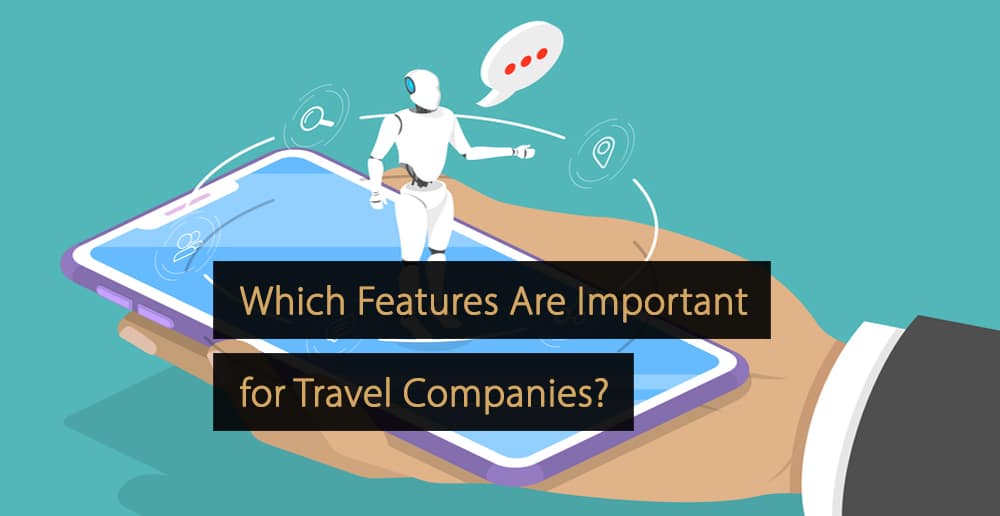

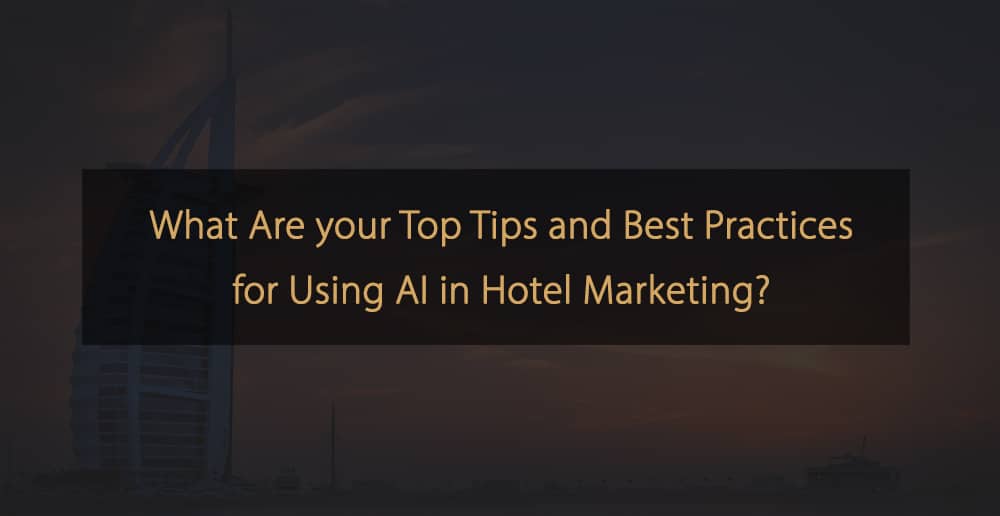

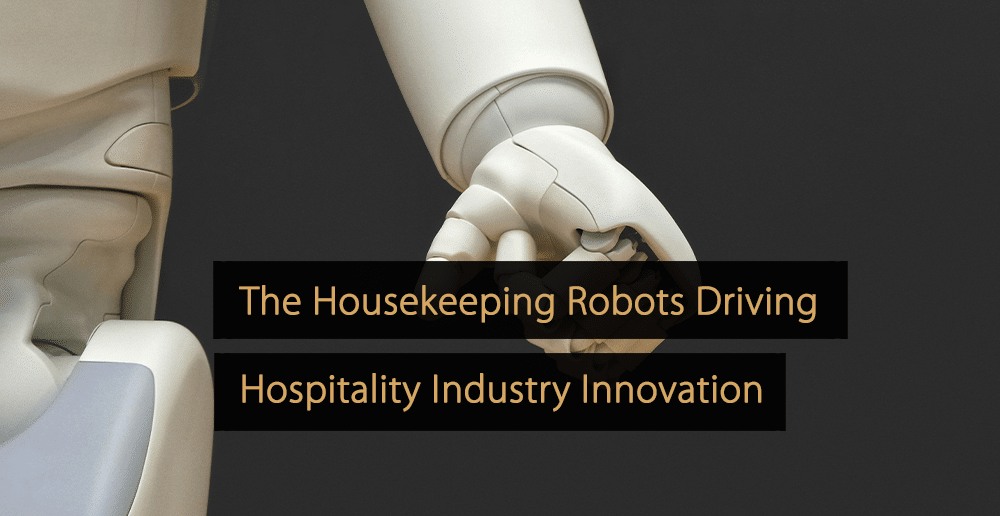
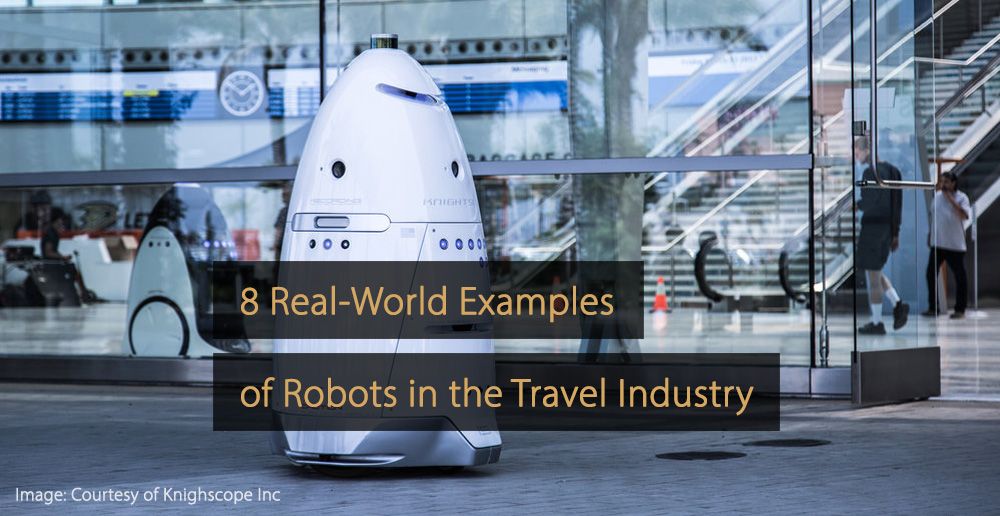
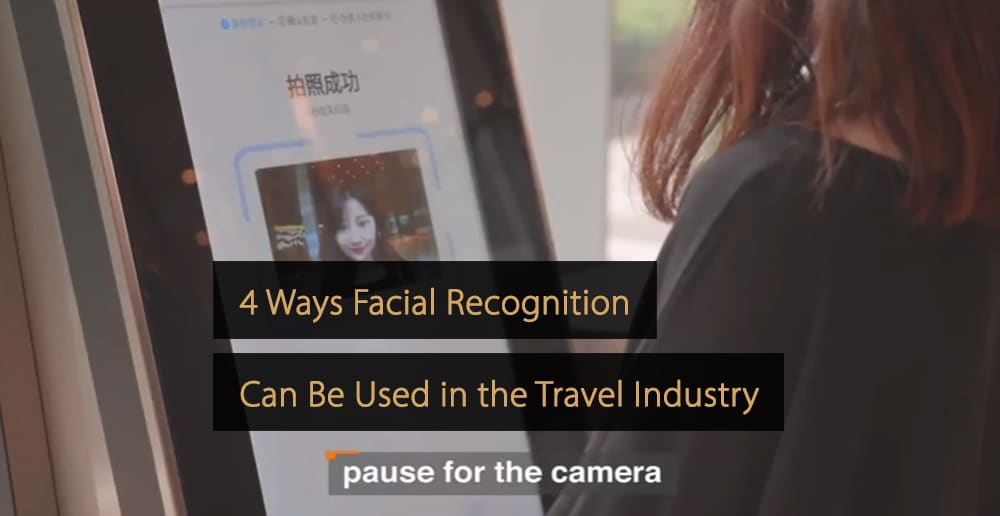
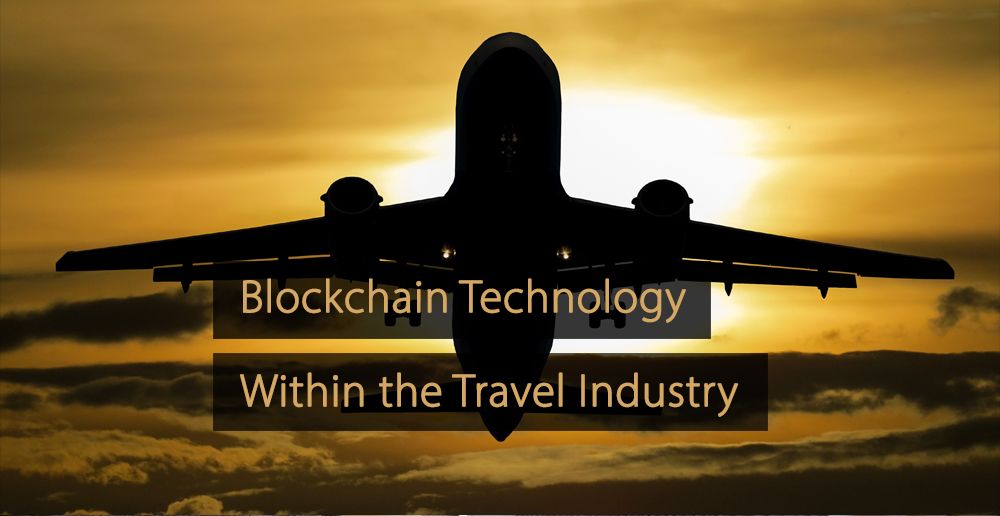
Very useful information about chatbots in the hotel and restaurant industry, thanks.